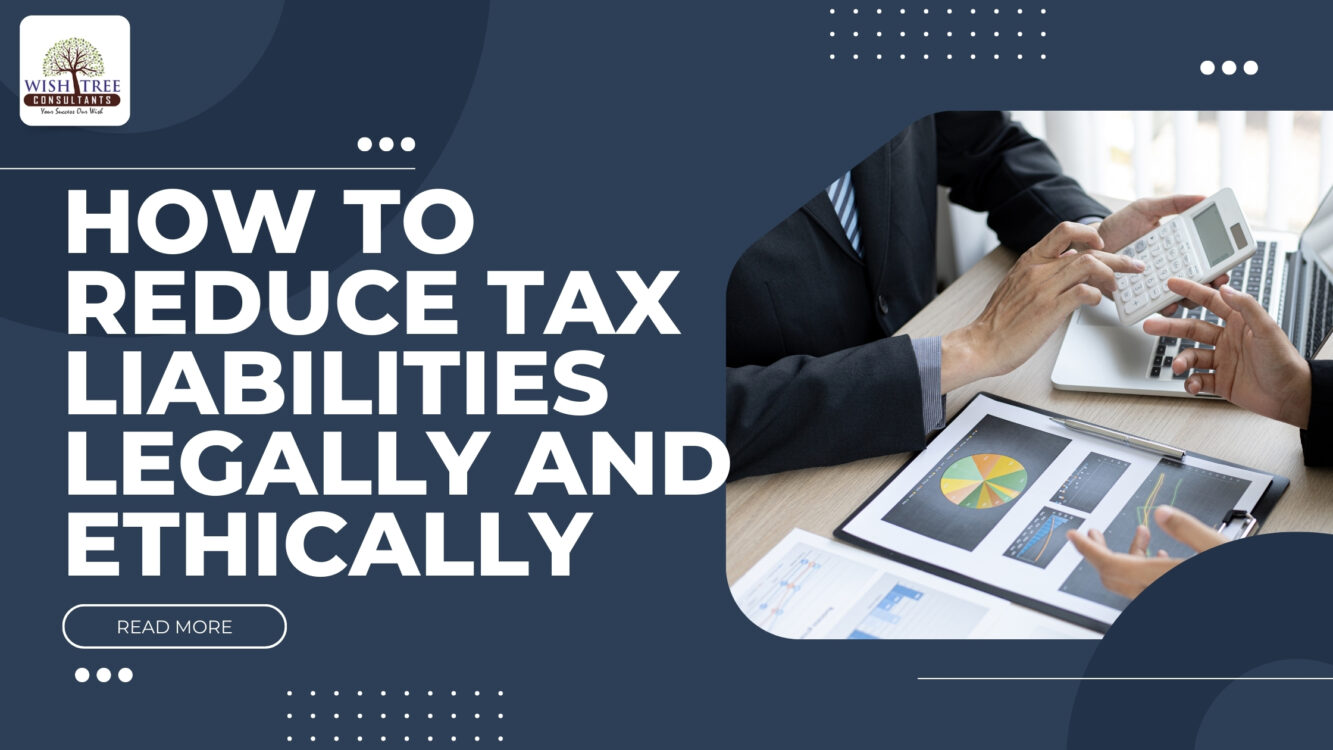
Introduction
Taxation is an inevitable part of business and personal finances, but that doesn’t mean you have to pay more than necessary. By understanding legal tax reduction strategies, you can significantly minimize your tax liabilities without crossing ethical boundaries. It’s all about making informed decisions and planning ahead. Here’s how you can legally reduce your tax liabilities and ensure that your financial strategies are both compliant and effective.
Context
Every year, individuals and businesses alike are faced with the challenge of managing taxes. While some may view taxes as an unavoidable burden, others see it as a matter of strategic financial planning. Tax laws provide several avenues for legal tax reduction, but navigating them requires knowledge and careful application. It’s important to understand the tools and approaches available to minimize tax burdens while ensuring full compliance with the law.
Adopting tax-reduction strategies is not about avoiding taxes but about making the most of the deductions, credits, and incentives that the tax system offers. Whether you are a small business owner, a freelancer, or an individual taxpayer, reducing tax liabilities can free up resources to reinvest in your business or personal goals.
FAQ: Reducing Tax Liabilities Legally and Ethically
Q: Can I reduce my taxes by investing in real estate?
A: Yes, real estate investments often offer several tax advantages, such as property depreciation, which can offset rental income and lower your taxable income. Be sure to consult a tax professional to ensure you follow the rules properly.
Q: What are tax deductions, and how do they help me save money?
A: Tax deductions reduce your taxable income, which can lead to lower taxes owed. Common deductions include business expenses, mortgage interest, charitable donations, and education-related expenses. Make sure you keep detailed records to maximize these benefits.
Q: Is it legal to use tax shelters or offshore accounts to reduce my taxes?
A: Tax shelters and offshore accounts may be legal, but they can easily cross into illegal tax avoidance if not used correctly. It’s crucial to work with a tax advisor who understands the specific regulations and ensures your strategies comply with the law.
Q: How can retirement contributions help reduce taxes?
A: Contributing to retirement accounts like IRAs or 401(k)s can reduce your taxable income for the current year. These contributions may be tax-deductible or allow you to defer taxes until you withdraw the funds in retirement.
Key Facts About Legal Tax Reduction
- Tax Deductions: Businesses and individuals can reduce taxable income through deductions like office supplies, business travel, and home office expenses for those working from home.
- Tax Credits: Unlike deductions, which reduce taxable income, tax credits directly reduce the amount of tax owed. Examples include child tax credits or energy-efficient home credits.
- Retirement Accounts: Contributions to retirement accounts (e.g., 401(k), IRA) often qualify for tax deferrals, meaning you don’t pay taxes on the contributions until you withdraw them.
- Health Savings Accounts (HSAs): Contributions to HSAs are tax-deductible, and withdrawals for qualifying medical expenses are tax-free. It’s an excellent way to reduce your taxable income while saving for health-related costs.
- Depreciation: For businesses, depreciating assets like machinery, vehicles, or office equipment allows you to deduct the loss in value over time, reducing overall tax liability.
Did You Know?
- Tax-Deferred Accounts: You can reduce your current tax bill by contributing to a tax-deferred retirement plan. Contributions to 401(k)s, 403(b)s, and traditional IRAs reduce your taxable income for the year, sometimes by thousands of dollars.
- Business Tax Write-offs: Small businesses can deduct a wide range of expenses, such as advertising costs, business vehicle use, and professional fees, making tax planning a crucial tool for business owners.
- Education Credits: If you are pursuing higher education, certain tax credits like the American Opportunity Credit or Lifetime Learning Credit may reduce your tax liability while you further your education.
Conclusion
Reducing your tax liabilities is not about cutting corners but about taking advantage of the legal avenues the tax system provides. Whether through retirement contributions, tax credits, or business deductions, there are many ways to minimize your taxes ethically and legally. Tax planning and strategic decision-making can save you a significant amount of money, but always ensure you consult with a tax professional to stay compliant with current laws. By understanding the tools available, you can keep more of your hard-earned money and use it to grow your wealth, invest in your business, or plan for the future.
Tax reduction is not about evading taxes; it’s about optimizing your financial situation within the boundaries of the law.
